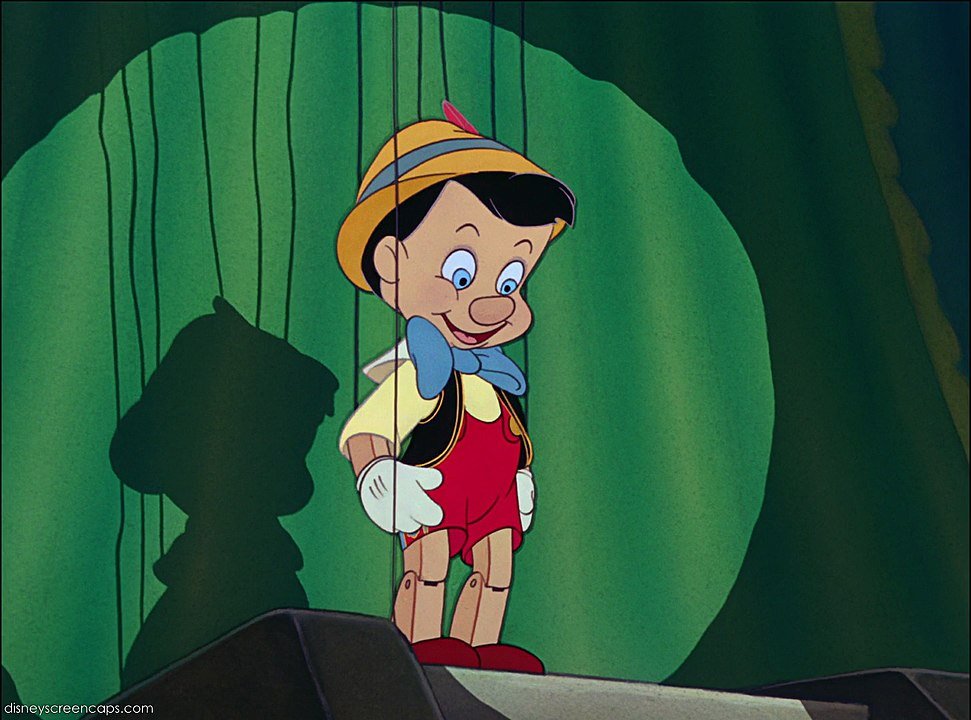Lies
In history, lawyers have had a bad reputation for being dishonest. But today, strong ethical rules govern lawyers and impose duties on them to tell the truth. Still, it is not uncommon in a dispute for one lawyer to see the work of another and feel that the adversary is lying. And when that happens, lawyers have procedures they can follow to address the issue.
Why should you read this post about lies?
You have seen a lot of Better Call Saul and want to know if your lawyer can also pull off some deceptive schemes in your defense.
You want to know if lawyers have a George Washington “cannot tell a lie” cherry tree type rule.
It is genuinely interesting.
Image credit: https://en.wikipedia.org/wiki/Pinocchio#/media/File:Pinocchio_1940.jpg
The Rules that Govern Attorney Honesty
Different jurisdictions apply different ethical rules to their lawyers. In New York, Rule of Professional Conduct 4.1 states that “In the course of representing a client, a lawyer shall not knowingly make a false statement of fact or law to a third person.” This forces lawyers to be very careful with their words when communicating with others. And it precludes normal fibs that could be acceptable in general conversation.
No New York rule explicitly prevents a false statement to a client, though Rules like 1.1 and 1.4 that require lawyers to competently serve clients and properly communicate with them may encompass that obligation. Some people have proposed an explicit rule of honesty to clients.
When in a proceeding or before a tribunal, additional rules apply. Rules 3.1(b)(3), 3.3(a)(1), and 3.3(a)(3) prevent a lawyer from making “material factual statements that are false” or a “false statement or fact or law” or relying on evidence she knows to be false.
Additionally, Rule 7.1(a)(1) prevents lawyers from making false statements in advertising. Even though there is no lawsuit or matter yet for the lawyer to handle with care, the legal profession is concerned about the perception of its integrity. As a result, this rule is meant to ensure that the general public perceives lawyers as honest.
Procedures for Dishonest Conduct
When a lawyer sees a false statement from another lawyer, they may first consider whether it is worth addressing. Some lies may be immaterial and not worth the time or expense to address. Or because they are immaterial, addressing them may disrupt an otherwise productive working relationship with another attorney.
But assuming the lie is worth addressing, there are two general avenues that a lawyer may pursue.
The first is to raise it with the court. In federal court, Rule 11 governs the procedure for addressing false statements by an attorney in a written document submitted to court. Rule 11 requires the lawyer to give notice to the other lawyer about the lie and provide her an opportunity to respond to it. Following that notice, the lawyer may make a motion to the court, asking it to punish the lawyer for the lie. Often this punishment comes in the form of the reimbursement of attorneys fees incurred in connection with the motion and because of the lie.
In New York, Judiciary Law 487 governs false statements. It allows a party to sue a party to sue a lawyer for triple her damages when the lawyer “is guilty of any deceit or collusion, or consents to any deceit or collusion, with intent to deceive the court or any party.” This may require a separate lawsuit, but the penalty is steeper than generally provided by Rule 11.
And the second is to raise it with the disciplinary authority. In New York, that authority is the Grievance Committee. A lawyer or a non-lawyer may report false statements by a lawyer to the committee, even if the false statement was not made in writing or to the court. The committee may then take its own investigation and, if it concludes the lawyer violated the Rules of Professional Conduct, it may punish the lawyer.
The Types of False Statements That I Generally See
I rarely see lawyers tell complete lies. It has happened though: for example, last year a lawyer told the court that I had agreed to something that I never agreed to. But incidents like this are the exception and not the rule.
I do periodically see lawyer stretch the truth or represent the facts in a misleading way, even if that way isn’t an outright lie. An example may be relying on one piece of evidence when claiming there is “a mountain of evidence” in support of a claim. Another may be misrepresenting another court decision, suggesting the court dismissed a claim for one reason when a closer reading reveals that it dismissed it for another. When this happens, I get upset because I expect lawyers to know better or frustrated that my opposing counsel is probably not reading carefully.
More often, a lawyer will repeat a factual statement or an argument that the client believes (and that my client disputes) and, while I believe the claim to be false, I also believe the lawyer believes her own client. This can be challenging for a client who views the opposing lawyer’s statements as lies since the adversary should know they are not true. But unless the lawyer also knows that the client is lying, the lawyer is generally allowed to present the client’s case.
